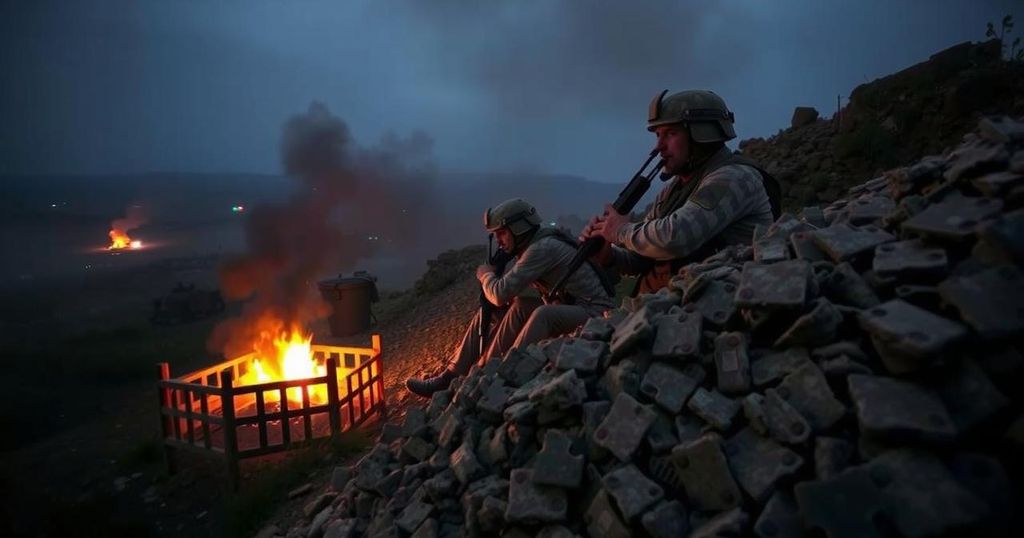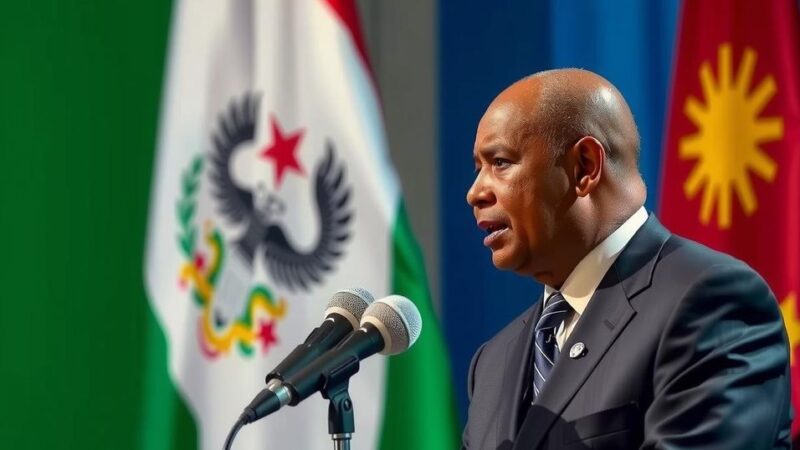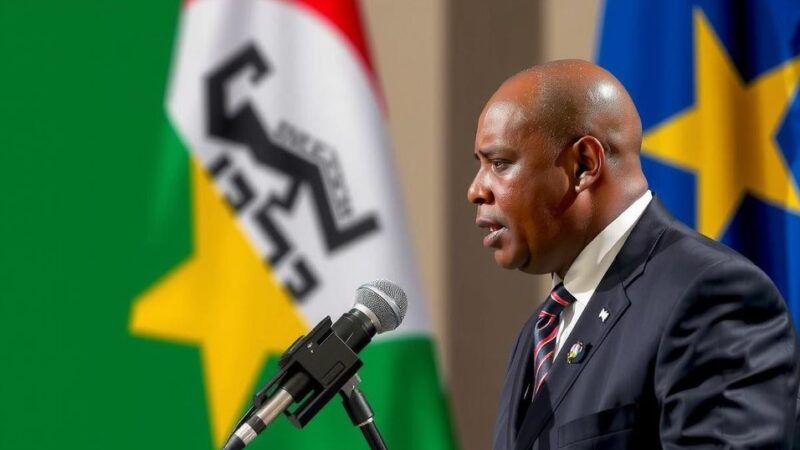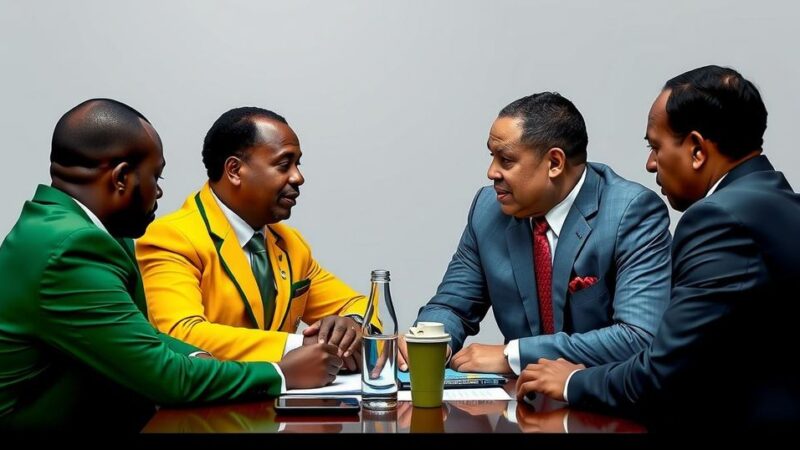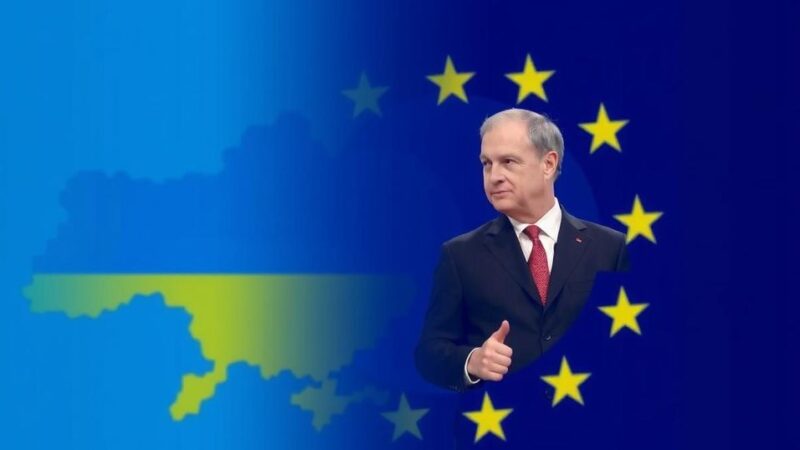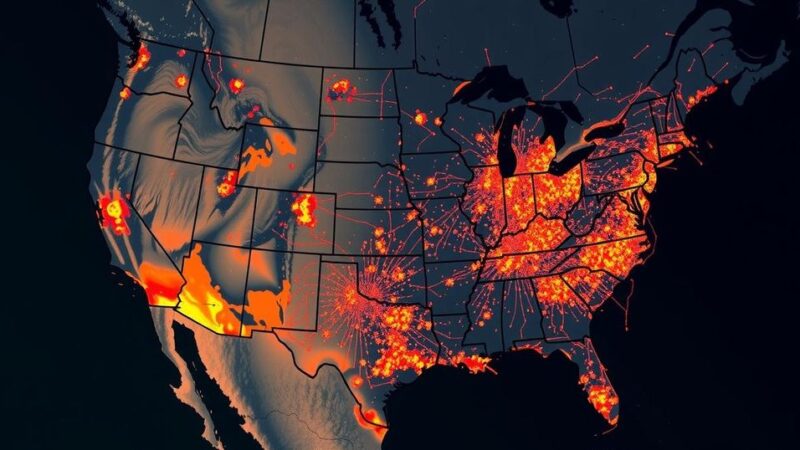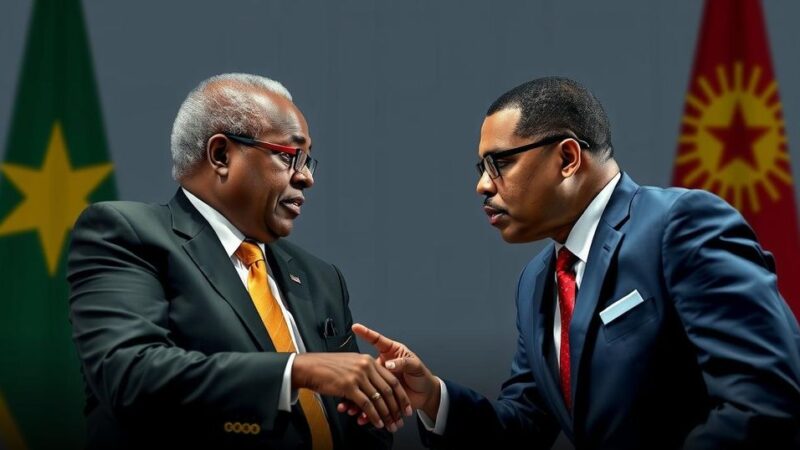Israel intensifies bombardment of Gaza, causing severe civilian distress, while parts of Lebanon see residents return home under a fragile truce. Hezbollah claims victory, and UN officials describe the situation as “absolutely terrifying” for Palestinians. International calls for an end to hostilities persist amidst ongoing military operations and geopolitical maneuvers.
The conflict in Gaza continues as Israel intensifies its bombardment, creating a dire situation for civilians, particularly in the northern regions of the Gaza Strip. Meanwhile, parts of Lebanon are witnessing a return to damaged homes under a fragile truce between Israel and Hezbollah, which has claimed a perceived victory over Israeli forces. The ongoing tensions reflect a complicated regional landscape, with the international community monitoring the situation closely.
UNRWA officials have described the bombardment as “absolutely terrifying,” emphasizing the suffering of Palestinian civilians trapped in the conflict. In a recent communique, Hezbollah declared its fighters remain prepared to respond to any Israeli maneuvers, signaling a persistent threat in the region. UN Secretary-General Antonio Guterres referred to the ceasefire as “the first ray of hope” amidst ongoing violence, calling for a broader resolution to the conflict.
Israeli forces have imposed a curfew in southern Lebanon, restricting movement and heightening tensions. Moreover, Israel intends to appeal arrest warrants from the International Criminal Court related to alleged war crimes, countering claims from rights organizations about the legitimacy of such immunity for Prime Minister Netanyahu. The United Nations has raised alarms over the catastrophic conditions faced by countless Palestinian civilians, who have endured prolonged assaults for nearly two months.
As the situation evolves, the live coverage remains essential for understanding the myriad developments in this complex conflict. Al Jazeera and news agencies continue to provide timely updates and analyses as the regional dynamics shift rapidly, suggesting that both humanitarian needs and geopolitical strategies will significantly impact future interactions.
The ongoing conflict between Israel and Palestinian groups, primarily focused in Gaza, has escalated significantly in recent months, culminating in a humanitarian crisis. With international bodies like the United Nations calling for ceasefires and humanitarian support, the fragility of regional truces underscores the intricate balance of power. In parallel, Hezbollah’s involvement complicates relations in Lebanon, further exacerbating tensions between Israel and Arab states. The situation remains volatile as military and diplomatic maneuvers continue on both sides.
In summary, the current situation in Gaza and Lebanon highlights the complex interplay of military aggression, humanitarian crises, and regional geopolitics. As Israel’s bombardment persists, the plight of Palestinian civilians intensifies, drawing attention from international observers. The declaration of a fragile truce by Hezbollah marks a significant point in ongoing hostilities, but the future remains uncertain. Continuous monitoring of developments and humanitarian responses will be vital as the conflict unfolds further.
Original Source: www.aljazeera.com
